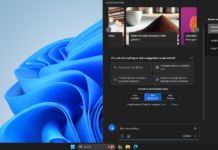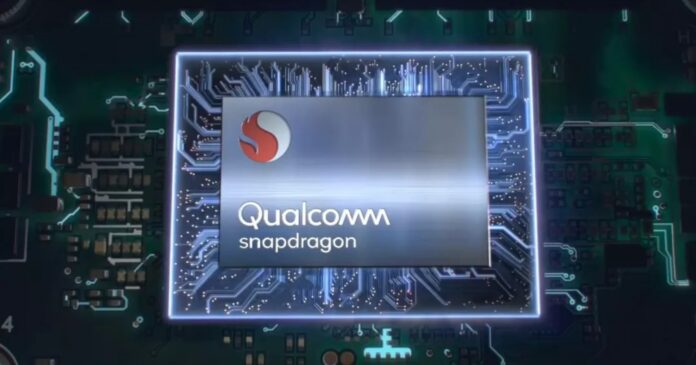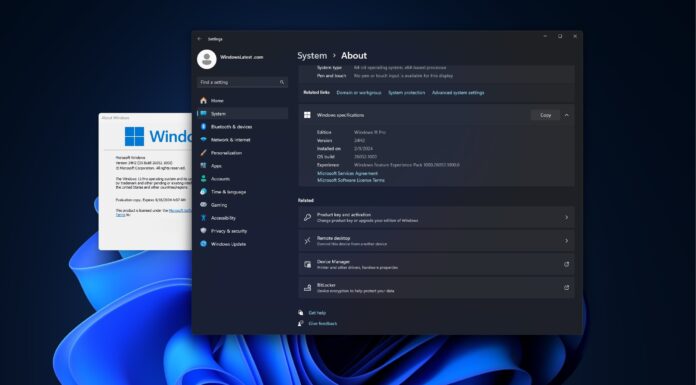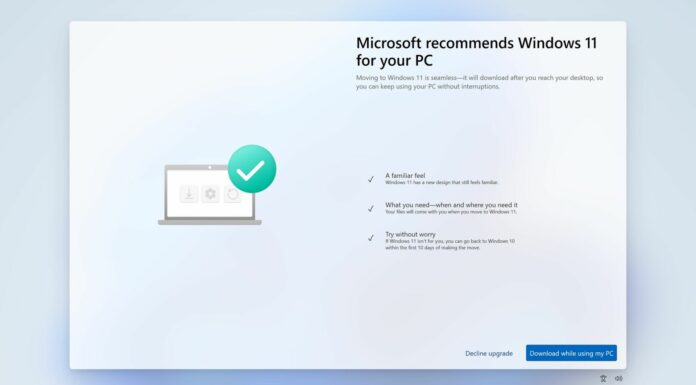KEY POINTS
- Qualcomm is working on the next-generation Snapdragon processor, “Snapdragon 8cx Gen 4” or “Hamoa”, for “Windows 11 on ARM”.
- Snapdragon 8cx Gen 4 scores 1197 (single-core) and 9337 (multi-core), while Apple’s M2 ranges from 2595-2645 (single-core) and 9795-14197 (multi-core).
- Although the Snapdragon’s single-core performance is still behind Apple’s M2, the multi-core performance gap is narrowing, indicating a positive direction for Windows 11 on ARM and increased competition in the CPU market.
Microsoft isn’t giving up on “Windows 11 on ARM”, and Qualcomm has been working on the next-generation Snapdragon processor dubbed “Snapdragon 8cx Gen 4”. A new Geekbench benchmark suggests Qualcomm’s latest Windows 11 on ARM CPU is finally catching up with Apple M2, and it’s on par with Apple Silicon in some multi-core tests.
In recent benchmark results, the Snapdragon 8cx Gen 4 posted a single-core score of 1197 and a multi-core score of 9337. In comparison, the Apple M2 in the 16-inch MacBook Pro (2023) recorded significantly higher scores with 2595 in single-core and 14197 in multi-core performance.
Nevertheless, when looking at other Apple M2 benchmarks, such as the 2022 MacBook Air models, the Snapdragon 8cx seems to be narrowing the gap in multi-core performance. Specifically, MacBook Air variants with Apple M2 clocked at 3478 MHz and 3480 MHz scored 9795 and 10082 in multi-core respectively.
According to Geekbench test data seen by Windows Latest, Qualcomm refers to “Snapdragon 8cx Gen 4” as “Hamoa” internally, which uses adapted ARM cores instead, a move that gives it an edge over the predecessor (Snapdragon 8cx Gen 3, which previously failed to beat Apple M1).
These new cores are likely developed by Nuvia engineers, the company acquired by Qualcomm. The silicon design company Nuvia, founded in 2019 by three former engineers of Apple, is believed to be behind the recent advancements in Windows 11 on ARM processors. Qualcomm paid $1.4 billion for the firm, and its efforts seem to be paying off.
Snapdragon 8cx Gen 4 benchmark performance
Windows Latest has spotted a new QRD listing that shows Qualcomm’s powerful Oryon prototype with 12 cores and up to 16GB of RAM.
This new Windows 11-ready processor is a 12-core SoC with a hybrid of eight performance and four efficiency cores (8+4 core configuration).
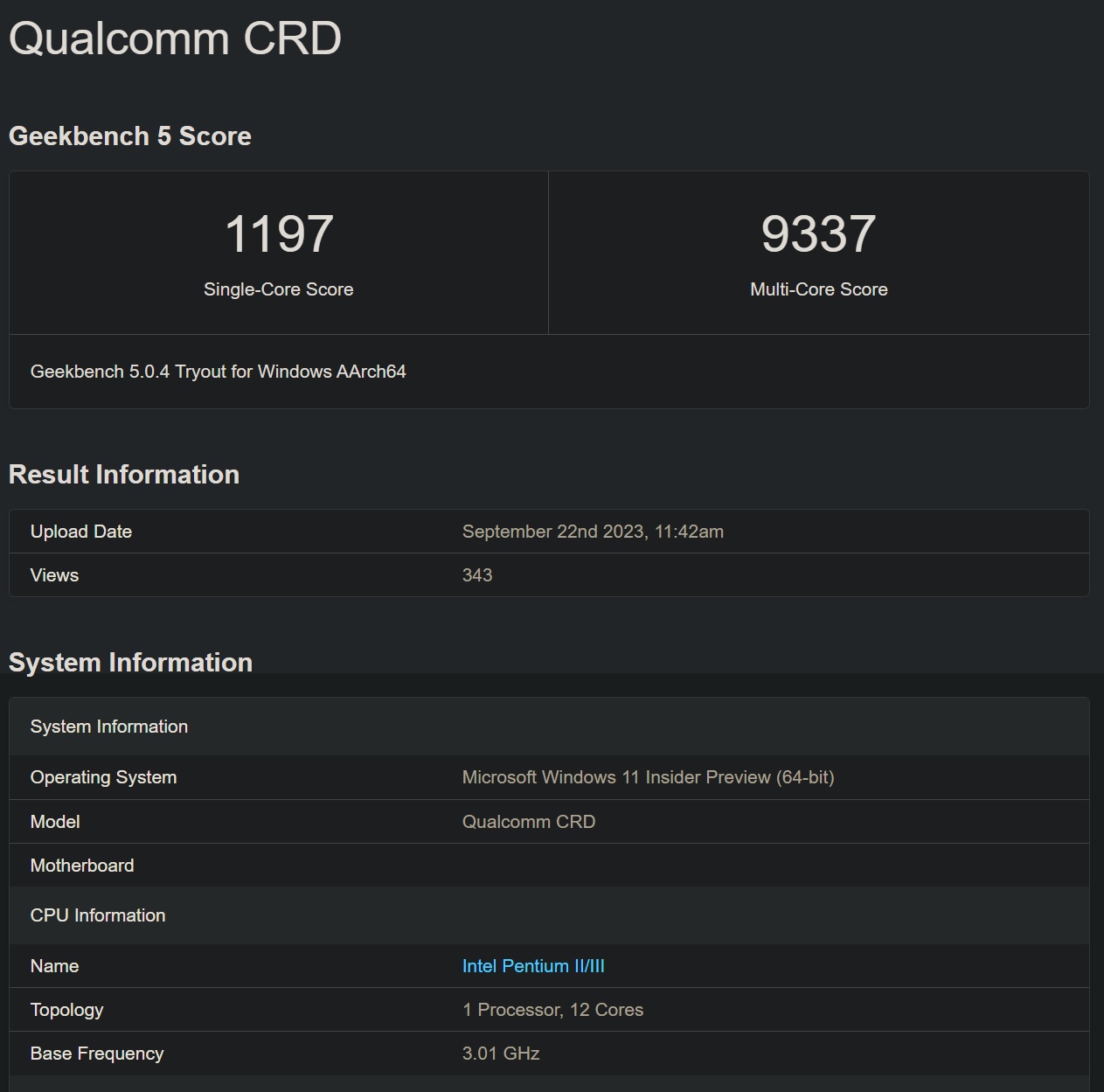
The new benchmark suggests “Snapdragon 8cx Gen 4” is becoming a formidable competitor to Apple’s M2 chip, as a recently leaked Geekbench benchmark shows.
However, it’s noteworthy that this benchmark was achieved under x86 emulation, not x64.
Despite the potential inaccuracies from old Geekbench versions, the results are remarkable. These benchmark revelations paint a promising picture for Windows 11 on ARM and Qualcomm’s strides in the CPU domain. It’s only the beginning as Qualcomm is working on “Snapdragon X“, its most robust lineup of ARM-based PC CPUs.
The internal components, as referenced in the leaked data, include:
- Sample name: Qualcomm CRD
- 1 Processor, 12 Cores
- Size: 16.0
- BIOS: Qualcomm Technologies, Inc. 6. O. BOOT. MXF.2.4-00188. I-HAMOA-I
Directly comparing the Snapdragon 8cx Gen 4 with Apple’s M2 chip yields the following results:
Snapdragon 8cx Gen 4:
- Single-Core Score: 1197
- Multi-Core Score: 9337
Apple M2 (MacBook Pro, 16-inch, 2023):
- Single-Core Score: 2595
- Multi-Core Score: 14197
However, some additional Apple M2 benchmarks show Snapdragon 8cx is catching up in multi-core performance:
MacBook Air (2022, Apple M2 3478 MHz, eight cores):
- Single-Core Score: 2641
- Multi-Core Score: 9795
MacBook Air (2022, Apple M2 3480 MHz, eight cores):
- Single-Core Score: 2645
- Multi-Core Score: 10082
MacBook Pro (14-inch, 2023, Apple M2 Pro 3481 MHz, ten cores):
- Single-Core Score: 2641
- Multi-Core Score: 12109
While the Snapdragon 8cx Gen 4’s performance isn’t exactly on par with Apple’s M2 chip, it’s inching closer, particularly in multi-core operations. The Snapdragon’s single-core performance lags significantly behind Apple’s M2, but the gap in multi-core performance is narrower.
It is also worth noting that the actual product, like the next-gen Surface Pro X, could fetch better results. The chip under test is an “early engineering sample”, and other reasons for the lower single-core test could be due to under-development firmware and unoptimized installation of Windows 11 and driver.
Remember, there’s still plenty of time, as the first device won’t debut until the end of 2023 or early 2024.



